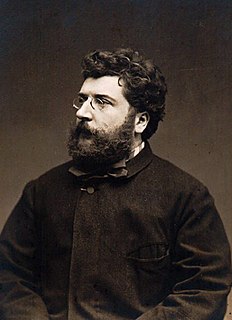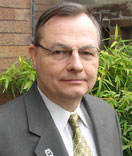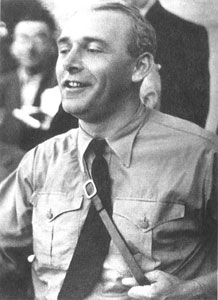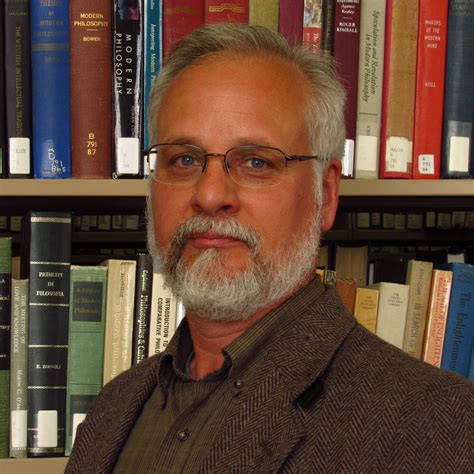A Quote by Kurt Vonnegut
The German philosopher Friedrich Wilhelm Nietzsche, who had syphilis, said that only a person of deep faith could afford the luxury of religious skepticism. Humanists, by and large educated, comfortably middle-class persons with rewarding lives like mine, find rapture enough in secular knowledge and hope. Most people can't.
Related Quotes
The trouble with being a secular humanist is that we don't have a congregation. We don't meet so it's a very flimsy tribe, but there's a wonderful quotation from Nietzsche. Nietzsche said, Only a person of deep faith can afford the luxury of skepticism. Something perfectly is going on. I do not doubt it, but the explanations I hear do not satisfy me.
I had no one to help me, but the T. S. Eliot helped me. So when people say that poetry is a luxury, or an option, or for the educated middle classes, or that it shouldn’t be read at school because it is irrelevant, or any of the strange stupid things that are said about poetry and its place in our lives, I suspect that the people doing the saying have had things pretty easy. A tough life needs a tough language – and that is what poetry is. That is what literature offers – a language powerful enough to say how it is. It isn’t a hiding place. It is a finding place.
Many social critics wag their fingers at what they perceive to be frivolous luxury spending. But that misses the point that consumption norms are local. It's not just the rich who spend more when they get more money. Everyone else does, too. The mansions of the rich may seem over the top to people in the middle, but the same could be said of middle-class houses as seen by most of the planet's seven billion people.
In 1932, the predecessor organization, the CDC, took 299 black sharecroppers from the South who had syphilis. They offered them free healthcare, hot lunches, and free burial. They said you can only come to us for healthcare. These were men who were sharecroppers, and they had syphilis. They were never told they had syphilis.
Much of human progress has been in defiance of religion or of the apparent natural order. The defiance of religious and secular authority has led to democracy, human rights, and the protection of the environment. Humanists make no apologies for this. Humanists twist no biblical doctrine to justify such actions.
Religion and race belong together. German man can only assimilate religious faith and religious thought with a German mind and in a German way. We must not think we can come to God except through our Volk....Wherever our blood rises in protest we act immorally, even though others may try to prove it to be moral.
I was raised in Harlem. I never found a book that took place in Harlem. I never had a church like mine in a book. I never had people like the people I knew. People who could not find their lives in books and celebrated felt bad about themselves. I needed to write to include the lives of these young people.





































